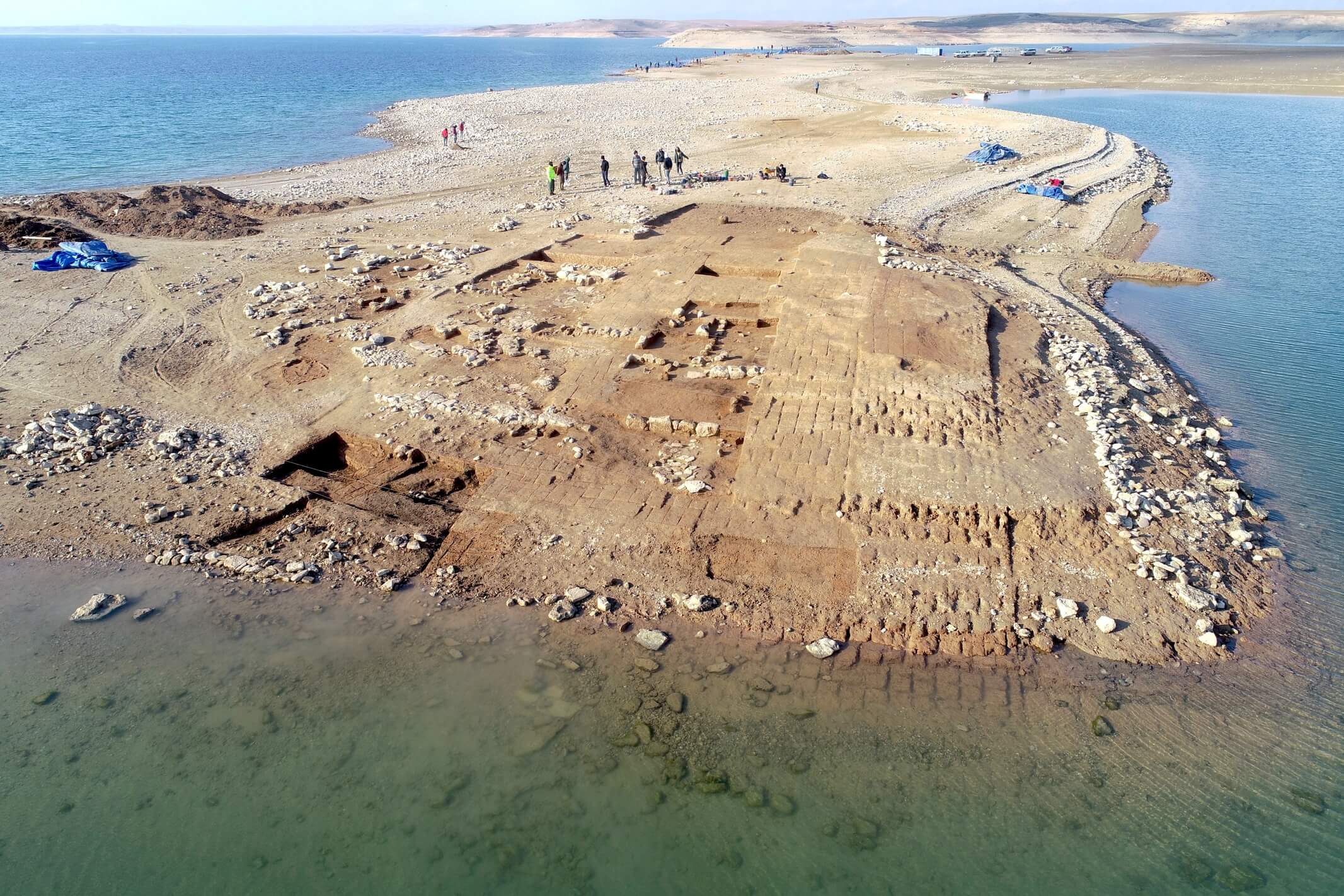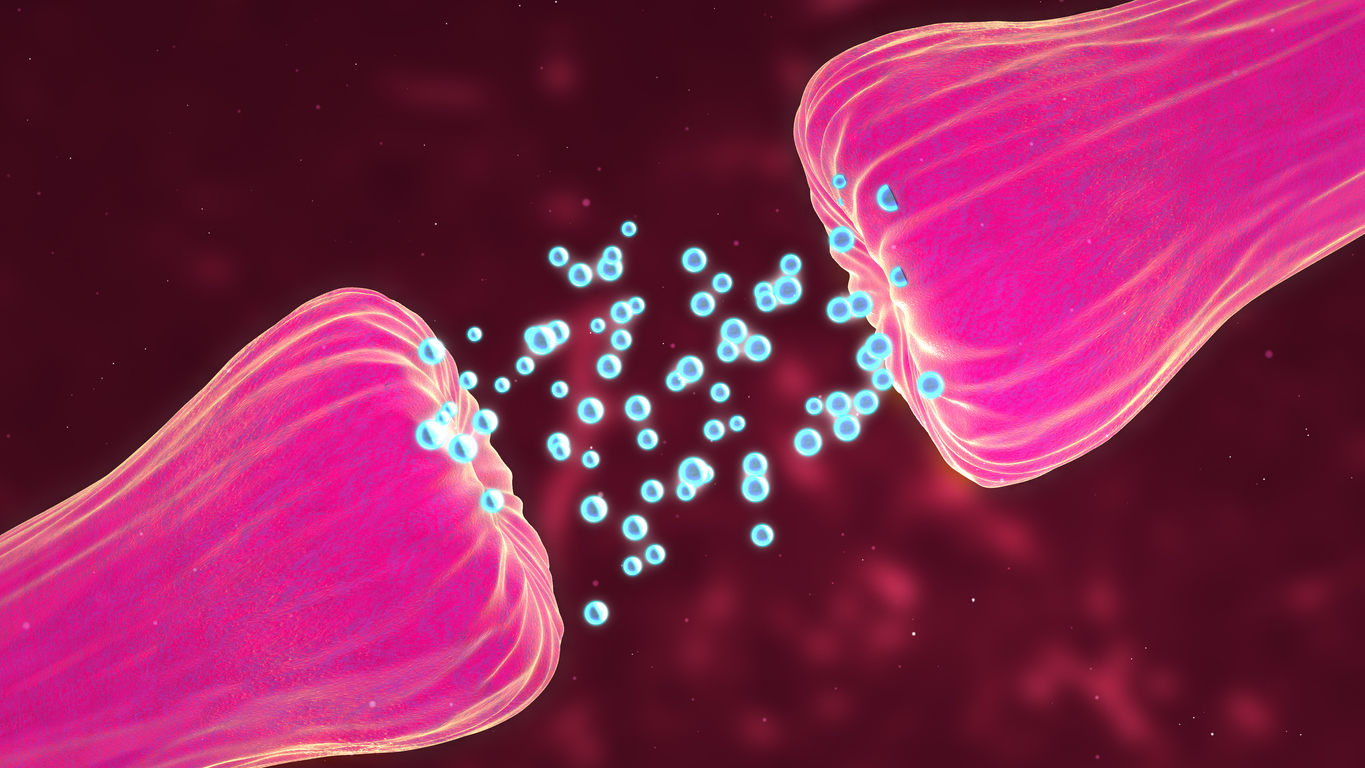When a group of scientists claimed that the human brain decreased around 3,000 years ago during the transition to contemporary urban societies, it made headlines. This was said to have occurred as a result of our predecessors’ ability to store information in social groupings outside of the brain. It became less crucial for humans to have large brains as a result. Their hypothesis contrasted ant colonies’ evolution to the long-held belief that the size of the human brain naturally decreases with age.
Mark Grabowski of Liverpool John Moores University and Brian Villmaare of UNLV disagree.
A team led by UNLV examined the data used in the earlier study’s research and discovered that its findings were incorrect in a new study published last week in the journal Frontiers in Ecology and Evolution.
According to Villmoare, among other significant discoveries and historical occurrences, the beginning of the Olmec civilization, the Trojan War, the development of Chinese writing, and Egypt’s New Kingdom all occurred around 3,000 years ago. We considered what it would mean if people’s brains shrunk significantly at the time, he recalled.
According to Villmoare, a fresh examination of the data from DeSilva et al. demonstrates that there hasn’t been any change in the size of the human brain in the past 30,000 years, and probably not in the past 300,000 either. This knowledge allows us to conclude that since the emergence of our species, the size of the modern human brain has not altered.
Summary points.
DeSilva et al. developed a number of hypotheses based on a collection of roughly 1,000 early human fossils and museum specimens, which the UNLV study team questioned.
- According to the UNLV team, because diverse communities and farms developed at various times throughout the world, it makes sense that the periods during which different people experience cranial alterations should also vary. However, there were only 23 skulls from the crucial time period for the brain shrinkage theory in DeSilva’s collection. These skulls originated in Algeria, Mali, China, and England.
- Because more than half of the 987 skulls examined date from the last 100 years of a 9.8-million-year era, the dataset is significantly biased. Because of this, it is challenging for scientists to determine how much cranial size has changed over time.
- If the size of the human brain hasn’t altered since the emergence of our species, a few basic assumptions need to be reexamined.
Story Source: Original press release by UNLV. Note: Content may be edited for style and length by Scible News.
References.
Villmoare, B., & Grabowski, M. (2022). Did the transition to complex societies in the Holocene drive a reduction in brain size? A reassessment of the DeSilva et al. (2021) hypothesis. Frontiers in Ecology and Evolution, 10. doi:10.3389/fevo.2022.963568






